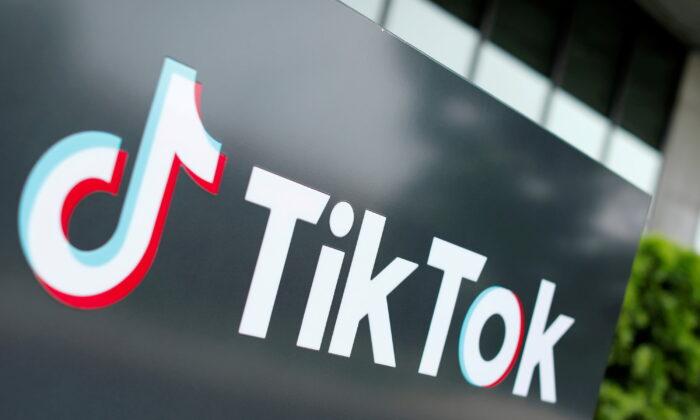Australian Senator James Paterson has written to the local boss of Chinese-owned TikTok following reports that the music app’s data was being accessed in mainland China.
The senator cited comments from TikTok CEO Shou Zi Chew claiming that “China-based employees, can have access to TikTok U.S. user data ...” in his correspondence to the U.S. Senate.
In Paterson’s letter to Lee Hunter, the Australian general manager of the app, the senator asked for clarification on whether local user data was accessible to TikTok (and ByteDance) staff in mainland China and how the company could protect the data if the Chinese Communist Party made a direct request for access—which it can under its controversial 2017 National Intelligence Law.
Paterson was the chair of the Joint Parliamentary Committee on Intelligence and Security and is now the shadow minister for cybersecurity and countering foreign interference.
TikTok is a hugely popular short-format video app that allows users to create, share, and view 15-second videos, often featuring singing, dancing, or comedy. It was started in China as “Douyin” in September 2016; within a year, it had 100 million Chinese users.
The app was relaunched as TikTok internationally in September 2017. Attracting dozens of A-list celebrity users and partnerships with the NBA, NFL, and Comedy Central. Soon, TikTok became one of the most popular apps in the world.
Scrutiny of Chinese Apps Continues
Meanwhile, Paterson’s letter comes after a report found that Beijing’s takeover of Hong Kong undermined any claim that fellow Chinese social media app WeChat could protect user data.WeChat has a focus on Chinese-speaking communities and has evolved—particularly in China—into a multifaceted platform that offers payment services, video gaming, ordering at restaurants, and even shopping online.
Overseas, WeChat has around 1.5 million users in the United States, 600,000 in Australia, and 1.3 million users in the United Kingdom.






Friends Read Free